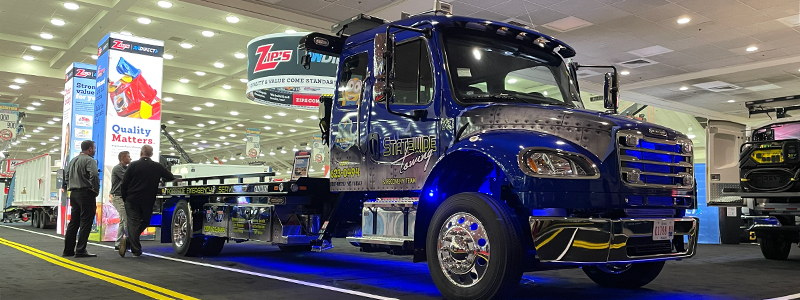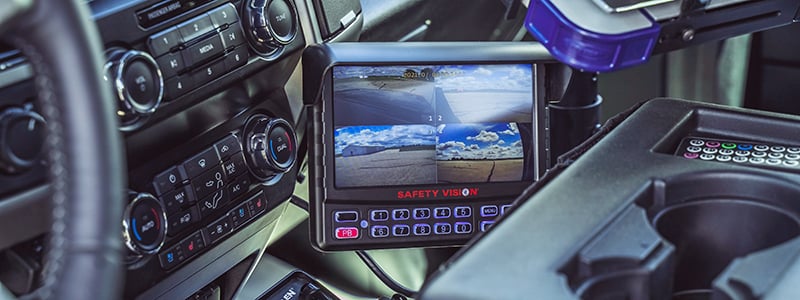Zip’s Spotlight: Mountain Recovery
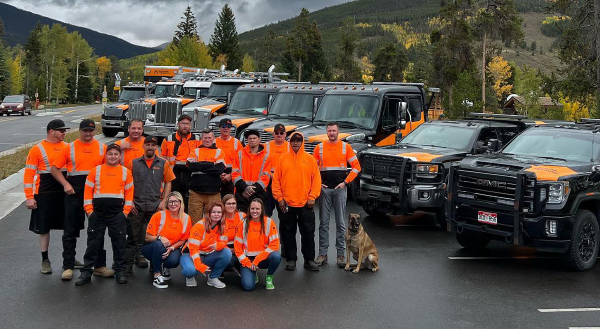
It’s called Mountain Recovery for a reason
Lured by the majestic beauty of the Rocky Mountains, Charlie Stubblefield moved his family from Wisconsin to Colorado five years ago. He said they were looking for a change of scenery and found it. Little did he know he would be making a career change as well when he got out there.
With a background in construction, Stubblefield said he initially relocated three states west to pursue an opportunity in custom home building. When that didn’t pan out, the former paramedic and firefighter felt a calling back into service, this time helping motorists who were stranded or looking for assistance in the mountains. The need was fairly obvious, he said.
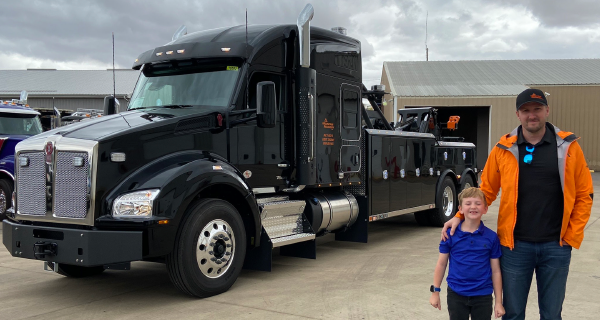
“In the Midwest, you really don’t see a lot of crashed or broken down vehicles along the side of the road because they get towed and cleaned up very quickly,” Stubblefield explained. “But out here, I noticed there were stranded vehicles everywhere. I had to figure out what that was all about, so I started stopping to check on cars to see if I could help.”
Settling in the Vail area of Interstate 70, Stubblefield said he was “mechanically inclined” enough to help motorists with heating and cooling issues, tire changes and other roadside assistance calls that first summer. Then when snow arrived on the mountain passes, he would sell and install tire chains to commercial drivers at the chain-up stations.
“I was doing pretty basic stuff at first, but I eventually made enough money to put a down payment on my first heavy wrecker from Zip’s in July of 2020,” he said.
Since then, Stubblefield has grown his company—aptly named Mountain Recovery–to include 25 trucks and just as many operators, dispatchers and mechanics. Headquartered in Vail, his fleet currently consists of six heavies, four car carriers, three mobile service trucks and a few support vehicles, including a command car and an off-road machine with a 30,000-lb. winch box.

“We definitely do a lot of off-road recoveries,” he said. “We’re in the mecca for outdoor recreation here and are busy with those kinds of toys no matter the time of year.”
Not afraid of heights
Mountain Recovery operates west of Denver between two of the tallest and steepest grades in the U.S.: the Eisenhower Tunnel and Vail Pass. Both are at roughly 11,000 feet in elevation, and according to Stubblefield, “they are super steep up and super steep down.” To keep up with demand, a second shop was strategically added in Silverthorne, CO, “so we can service both hot spots within a 15-minute ETA.”
In the winter, Stubblefield said his operators stay busy with pull-ups and jacknives on the 7% grade, and in the summer, they spend plenty of time dealing with CMV brake issues and pulling OTR trucks out of runaway ramps. He said most of the recoveries are the result of “driver error,” either ignoring to chain up during storms in the winter or selecting the wrong gear for the descent in the summer.

“You would think we’re the busiest during the winter months, but the work is pretty steady all year round out here,” he said. “The winter months are just more sporadic, depending on the weather. We can do 50 to 100 pull-ups in a day when the weather’s bad. Summer time is just as busy, but more consistent with runaway ramp jobs, brake fires, overheating and radiator issues.”
Good operators are key to success
In less than five years, Stubblefied said he has grown Mountain Recovery into one of the largest towing and recovery companies in the state of Colorado. They have also expanded into Wyoming. He said good employees are the key to his success. “I realized very quickly if you put a good operator in a good truck in this market, you will be able to make money,” he said. “We’ve been able to keep that snowball rolling, and here we are today.”
Stubblefield said he tends to hire experienced operators for the heavy wreckers and is willing to train inexperienced operators on the light-duty carrier side. He usually pairs a new hire with an experienced operator for a few weeks for training purposes. “Once they feel comfortable and we feel comfortable—which varies from person to person—we can start to turn them loose in their own truck,” he said.

“Light-duty work is definitely more entry level,” Stubblefield continued. ”On the heavy side, most of our operators have come to us with experience. Those greener guys work more light-duty calls and get to as many hook-ups as they can. Then on their days off, they can run with heavy-duty operators and shadow them.”
Including a new 25-ton wrecker last fall, Stubblefield estimates 80 percent of his fleet has been built by Zip’s. He said he takes advantage of the in-house financing and also orders parts and supplies through Zip’s. He said he’s been approached by other vendors but remains committed to his relationship with Zip’s and sales rep, LeRoy Gossling.



%20blog%20thumbnail.png)
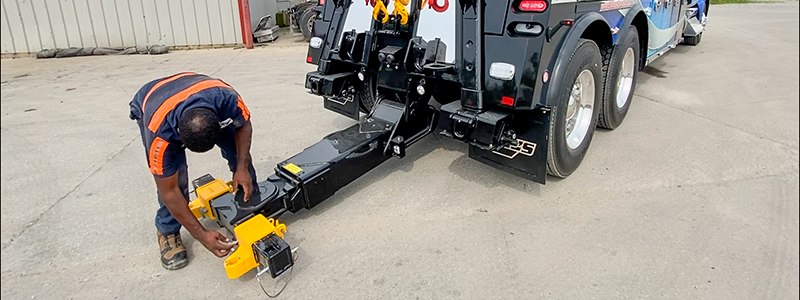
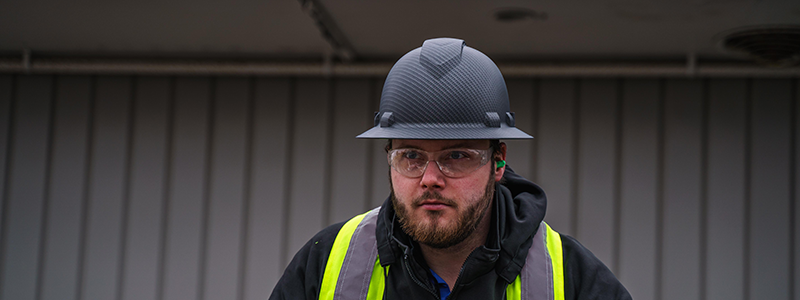
%20blog%20thumbnail.png)
